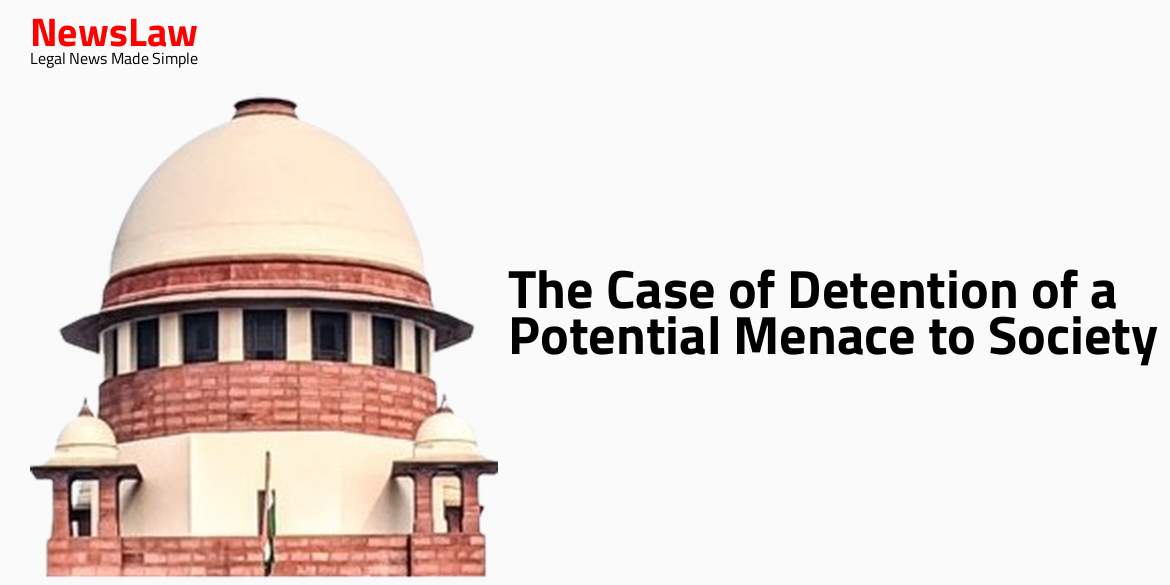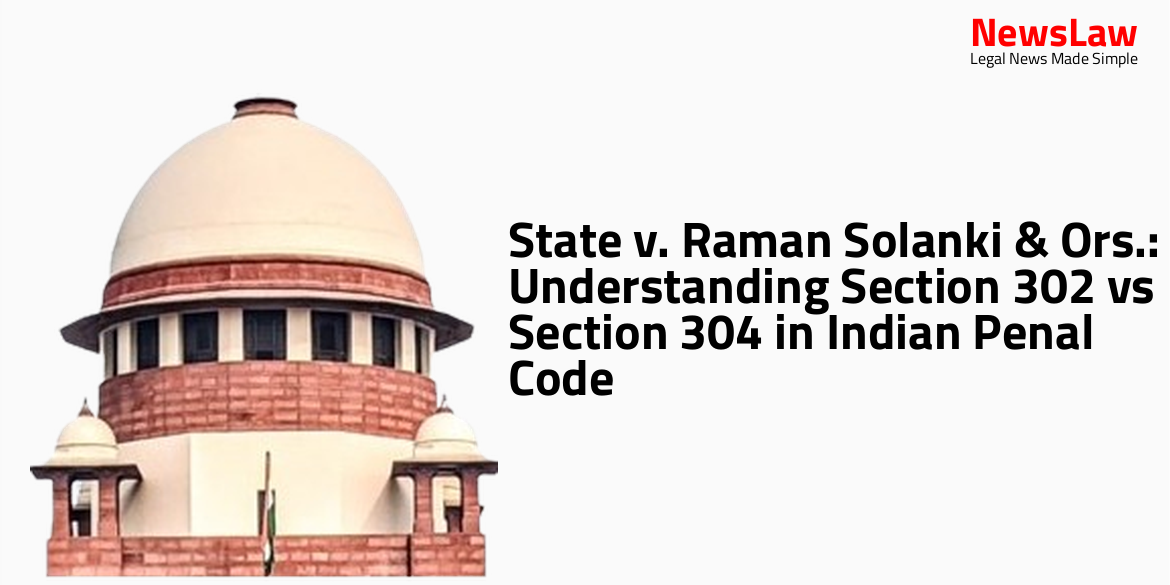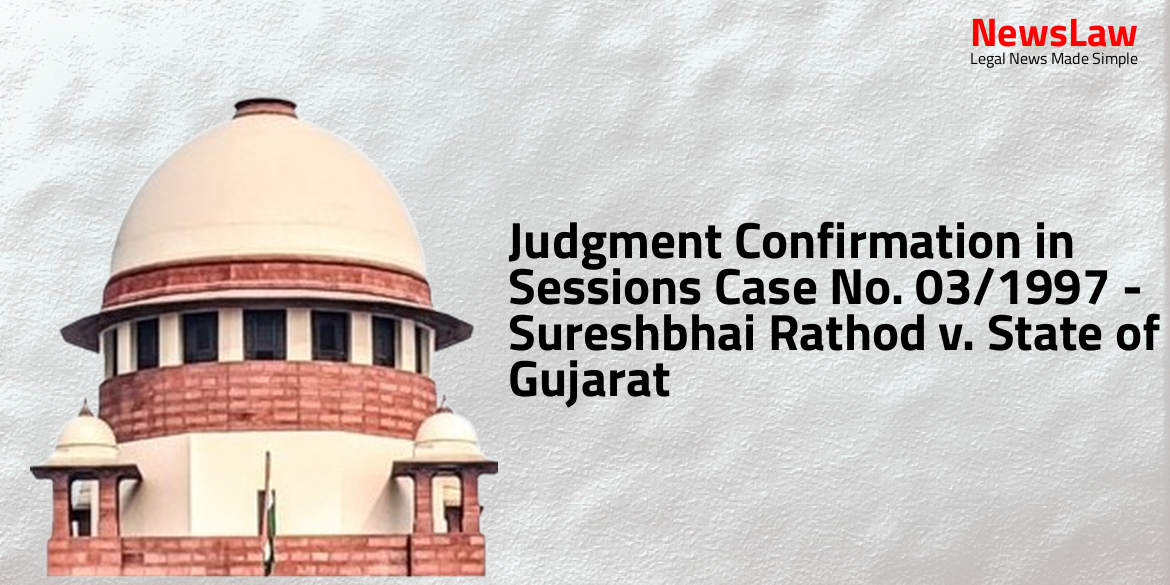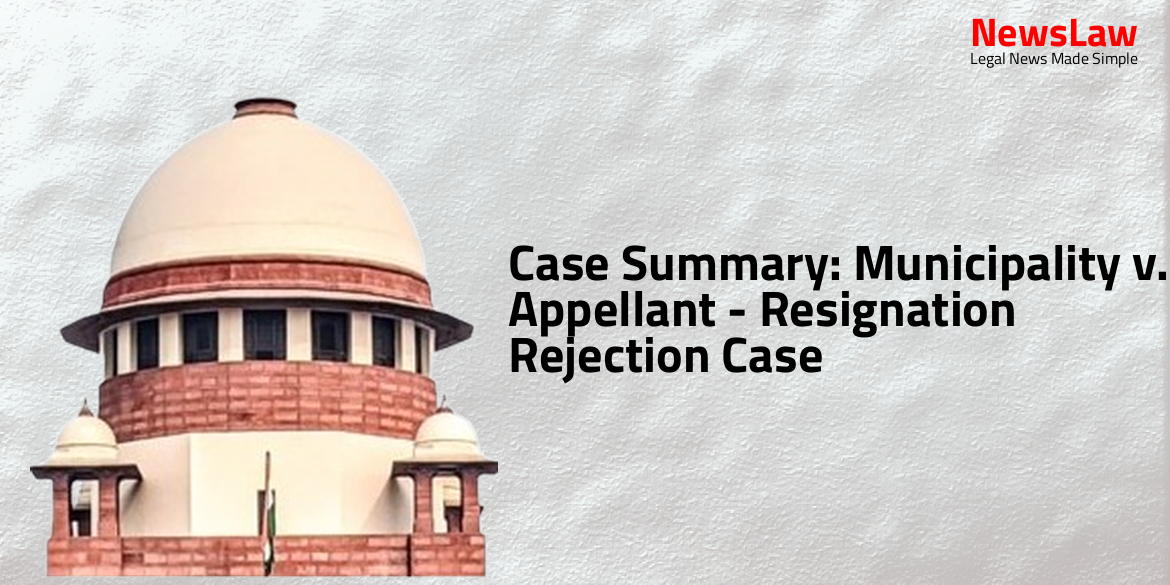In a significant judgement by the Gujarat High Court, the detention order in the case of a potential menace to society has been quashed. The Court delved into the nuances of preventive detention laws, examining the fine line between maintaining law and order and ensuring public order. This ruling sheds light on the necessity of using alternative remedies before resorting to preventive detention. #LegalJustice #DetentionLaws #PublicOrder
Arguments
- The advocate for the detenue argues that the order of detention should be quashed as registration of offenses under IPC is not enough to fall under the definition of the Act.
- Apart from witness statements, FIRs, and Panchnama, no other material links the detenue’s alleged anti-social activity to breach of public order.
- The illegal activity in question does not have a connection to the maintenance of public order but rather constitutes a breach of law and order.
- 1.1
- The offenses are related to theft of golden ornaments and mobile phones of private individuals, not amounting to a breach of public order.
- 2.1
- Cancellation of bail was an option available to the detaining authority instead of resorting to detention.
- 3.1
- FIRs registered against the petitioner fall under Chapter-16 and 17 of the IPC, making the detenue a ‘dangerous person’.
- 4.1
- Petitioner’s activities did not affect the tempo of society or pose a threat to the existence of normal life.
- 5.1
- AGP submitted that the detaining authority had sufficient material, including petitioner’s confession to theft of clothes and other supporting evidence.
- 6.1
- Detaining authority referenced the confession and drawing of the panchnama in passing the detention order.
Analysis
- The detaining authority did not consider the option of cancelling bail before resorting to preventive detention.
- Acts of assault or injury to specific persons do not necessarily constitute public disorder.
- The offences the petitioner is involved in are against private individuals, and the petitioner has been granted bail by a competent court.
- The ordinary criminal law is deemed sufficient to prevent the petitioner from committing further offences.
- The detaining authority’s subjective satisfaction is questioned as the offences alleged do not pertain to public order as required by the Act.
- There is a lack of concrete evidence showing that the petitioner poses a threat to public order or society as a whole.
- A Supreme Court decision provides clarity on the distinction between ‘law and order’ and ‘public order’.
- The Hon’ble Supreme Court in the case of Shaik Nazeen v/s. State of Telangana and Ors held that the subjective satisfaction would stand vitiated if the detenue is as much a menace to society as alleged.
- The State has alternative remedies such as seeking cancellation of bail or moving an appeal to the Higher Court if the detenue is considered a menace to society.
- The Court observed that using preventive detention laws may not be the appropriate remedy in cases where other legal options are available.
- There was no live link between the two offences in this case, as the first offence was registered in October 2022 and the second in July 2023, with the petitioner being released in between the two incidents.
- The lack of a direct connection between the offences raises questions about the necessity of preventive detention in this specific case.
Decision
- Detenue ordered to be set at liberty if not required in any other case
- Simple registration of FIR alone does not relate to breach of public order
- No other relevant material to invoke power under section 3(2) of the Act
- Petition allowed, impugned detention order quashed and set aside
- Direct service permitted, rule made absolute
Case Title: VISHAL @ PK NARESHBHAI BUDHABHAI VORA (VANKAR) Vs. POLICE COMMISSIONER
Case Number: R/SCA/854/2024



